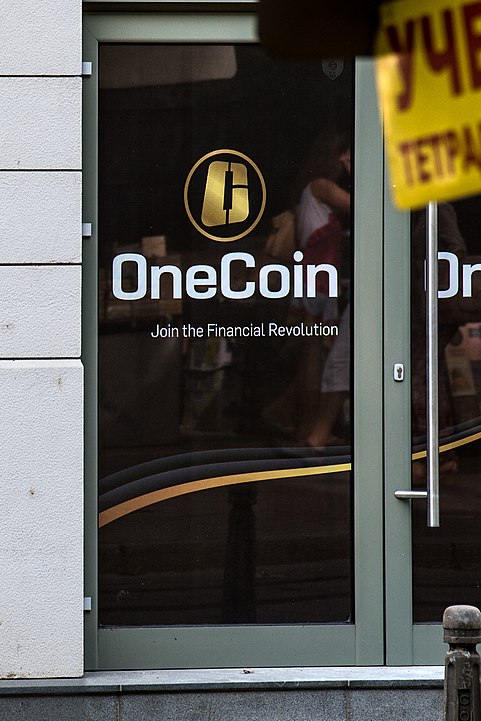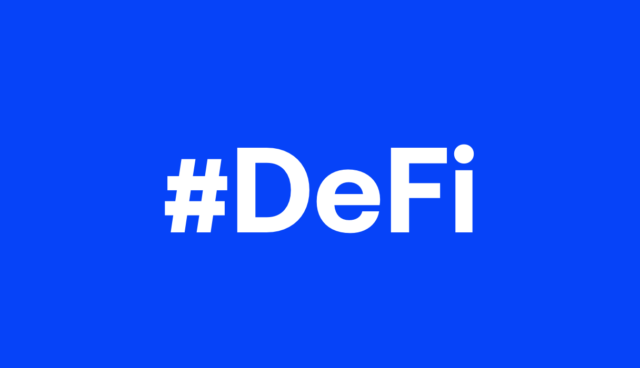

Crypto scams have always been there. From the very early beginnings. And they come in different shapes and sizes, from Ponzi schemes to bogus investments, which makes them pretty hard to spot. In most cases, scammers request you to send money to a certain address or make a payment. The problem is that due to blockchain’s irreversible nature, once you click Send, your money is gone. Most likely forever.
The year 2020 hasn’t been only a year of the COVID-19 storm. It has also been a year when crypto-related businesses, usually crypto exchanges, have felt the impact of many scams. Vulnerability exploit, social engineering scams, data breaches, and investor losses were all over the crypto industry.
Scammers love industries where it’s easy to confuse people. With DeFi on the rise, the new terms like yield farming, liquidity pools, and all the new swap platforms, create easy playing fields for these crooks. So wheater you’re earning crypto, investing or simply curious about DeFi. It’s important to be aware of the new scams that are coming this year.
So, without further ado, let’s take a look at the most notable incidents throughout 2020.
Winklevoss twins, CryptoCore hacking group, and Ponzi schemes

Hacking attacks were quite creative in 2020. Poloniex has revealed a data breach, telling its users to reset their passwords. IOTA Foundation shut down its entire network after a hacker exploited a vulnerability in the wallet app. CryptoCore hacking group apparently stole more than $200 million in crypto from various exchanges. Several hacked YouTube accounts promoted a crypto scam related to Bill Gates.
And speaking of YouTube scams…
Winklevoss twins, the founders of the crypto exchange Gemini, were also affected. A hacker took over the exchange’s two YouTube accounts and used them to lure people into sending Bitcoin and Ether. Supposedly, the exchanges organized a giveaway promising to double one’s funds after sending an initial amount to a wallet address via QR code.
But 2020 isn’t the only year when we had some unbelievable crypto scams. In 2018, Bitconnect, an open-source cryptocurrency related to a high-yield investment program, closed down its operations, losing the confidence of users. As a result, regulators from Texas and North Carolina issued a cease and desist order against the cryptocurrency.
Another crypto Ponzi scheme, this time coming from Bulgaria, is OneCoin. The scheme was organized by Ruja Ignatova and Sebastian Greenwood and is described as one of the biggest crypto scams in history. Some regulatory authorities pointed out that the scheme brought in almost $4 billion from people worldwide. Most founders and high-ranking managers, including the infamous Ruja Ignatova, have disappeared or been arrested.
Yes, unfortunately, crypto scams are all over the industry. And guess what? DeFi is no exception.
How to spot a DeFi scam?

Since DeFi is still in quite a development, spotting a scam isn’t that easy. However, there are some red flags you should be aware of. First, there is this hot new trend called yield farming. This means giving away a bunch of tokens to anyone who contributed to the protocol, which can result in price collapse due to hyperinflation. So, don’t forget to do proper research when dealing with stuff like yield farming. The higher the yield, the more research you should do before you get in.
Second, ask yourself whether the code has been audited? Unfortunately, most of the projects are deployed without any proper code audit, which often results in all kinds of bugs. Just take a look at what happened with Yam Finance, a project that gained $500 million in locked value within 24 hours after launching. However, a fatal error in one line of code led to hyperinflation resulting in $750,000 being lost and the price of YAM falling by 90%. No audit means high risk.
Third, check for buzzwords. Is their website truly explaining the purpose of the projects or is it just stating one buzzword after another? If i read “We built a disruptive, scalable, autonomous, crosschain technology with insanely high returns when yield farming” , I would tread lightly.
Finally, take a look at the team behind a DeFi project. In most cases, at least founders are public, and you can check their profiles on LinkedIn or Twitter. As we have seen over the years, an anonymous team represents a risk of the so-called exit scam.
Do the research to spot a DeFi scam
DeFi had a shining beginning, and many predict that there is a bright future ahead of it. Some promising projects are being developed, but still, scams proliferate. That’s why it’s utterly important for you to conduct careful research before participating in a DeFi project. Check if the founder is well-known in the space. Explore the project’s roadmap and future plans. Read its copy to see if it uses a vague talk such as “revolutionize” or “maximize.” Once again, do your research!

***
If you enjoyed this story, please click the clap button and share it to help others find it! Feel free to leave a comment below.




